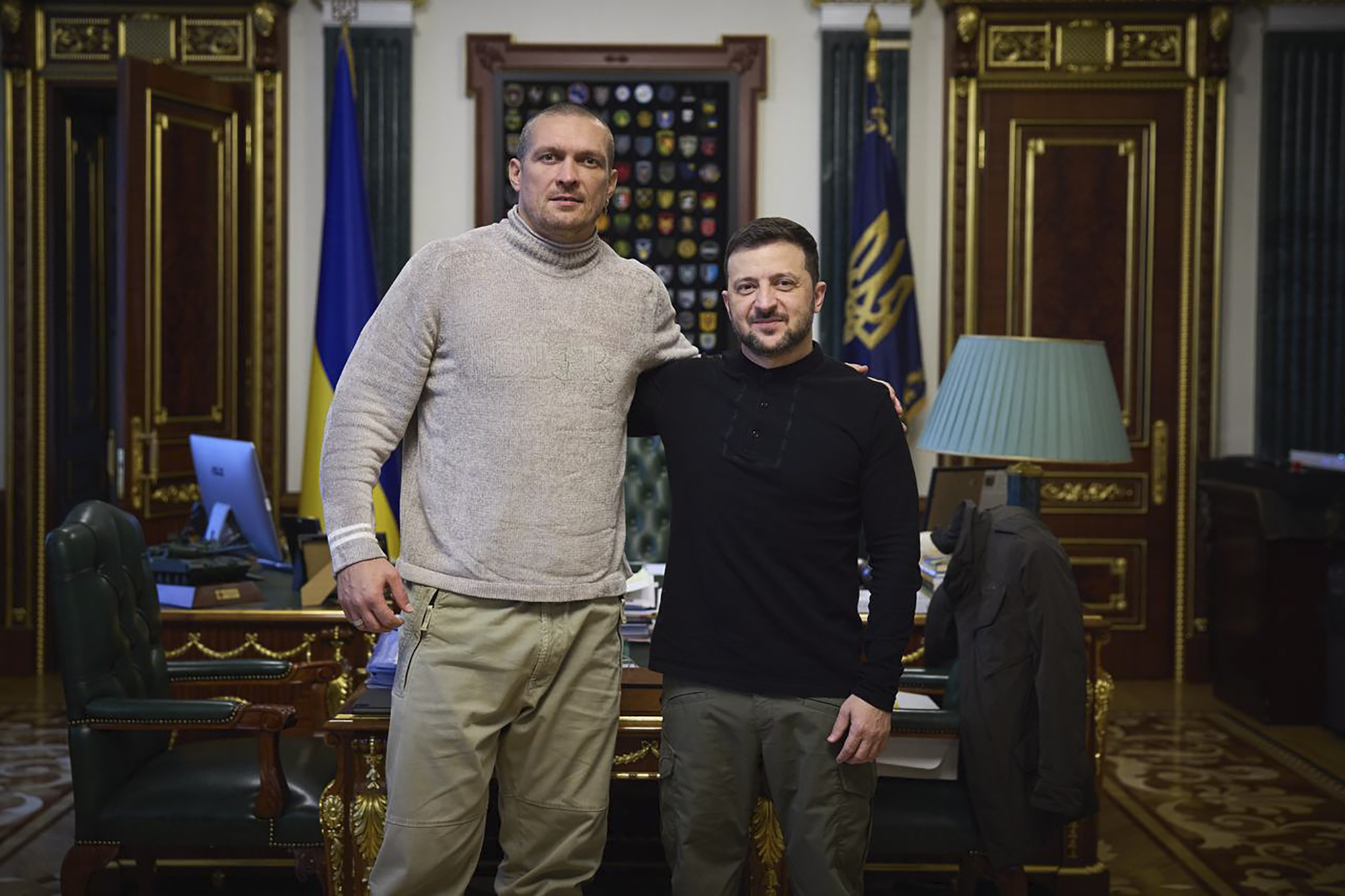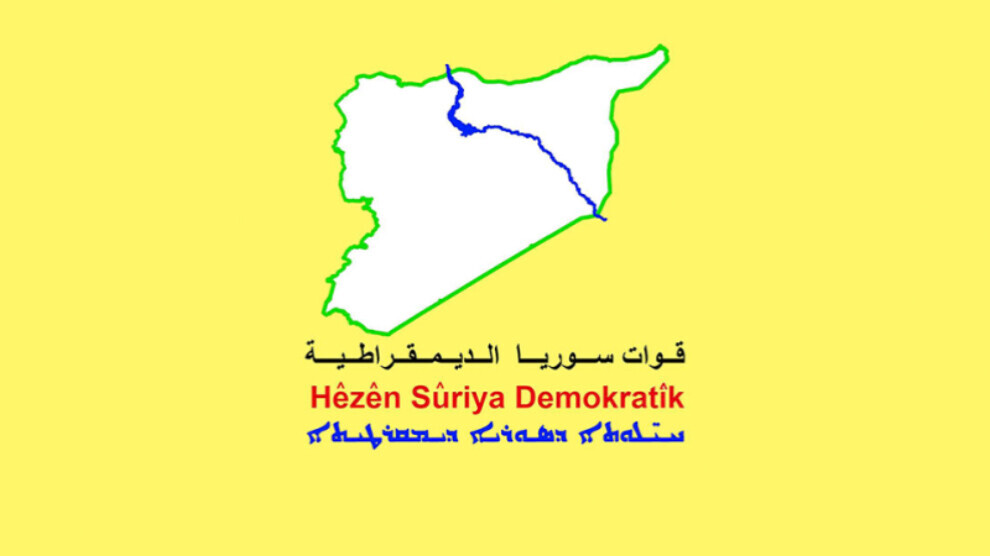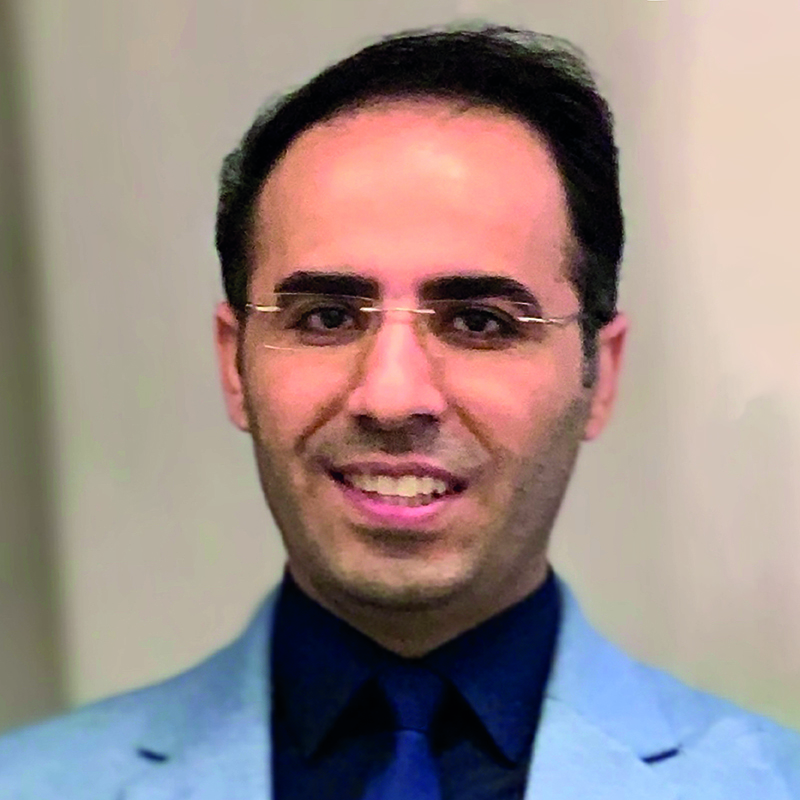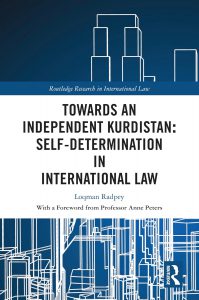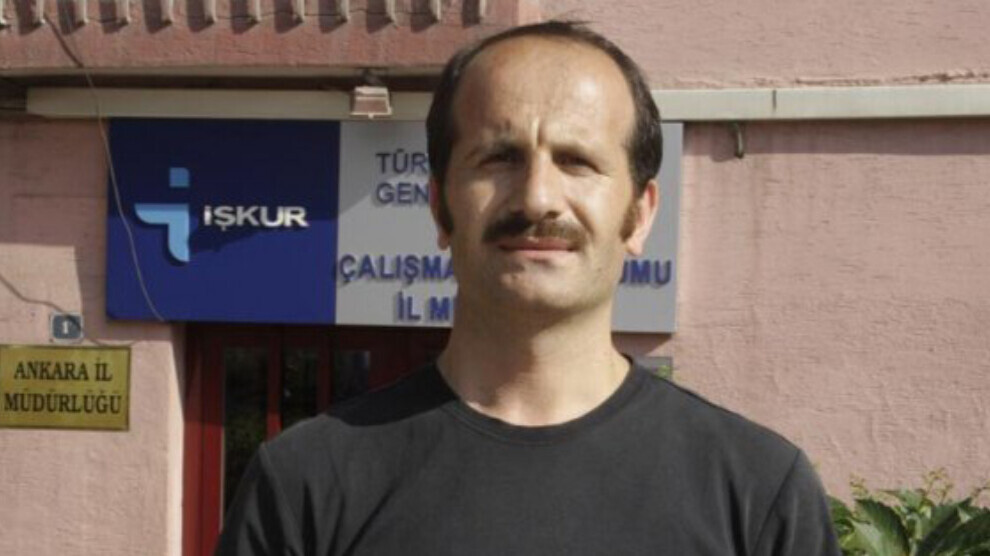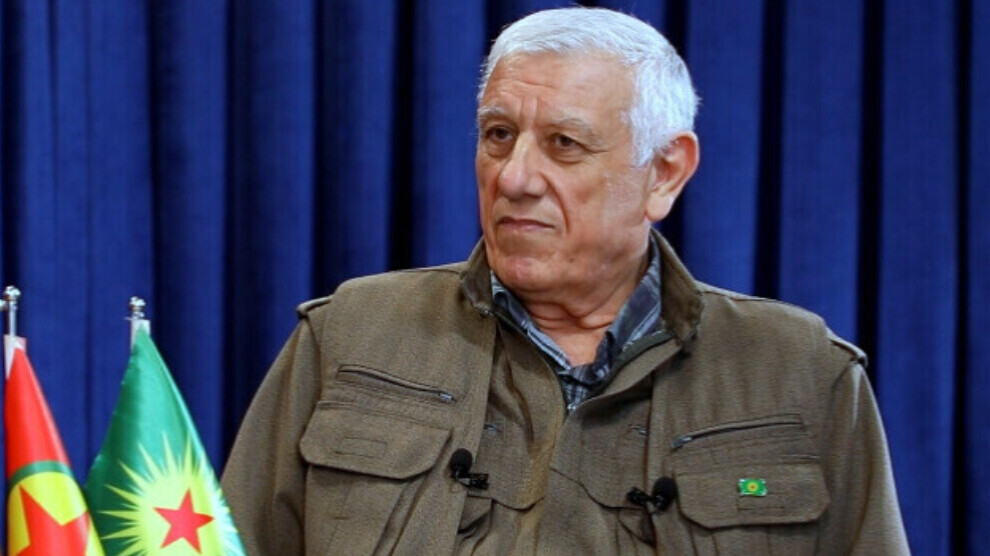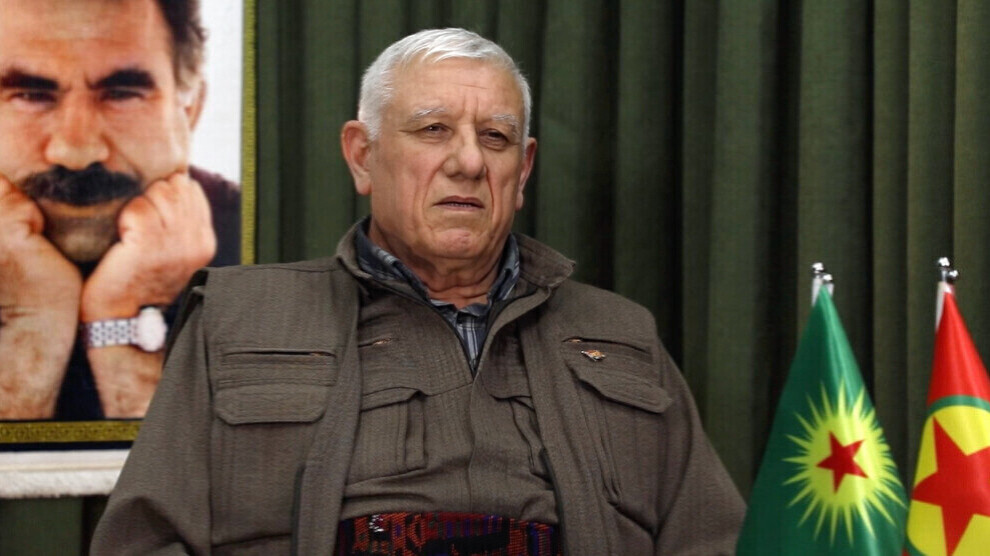Special Dispatch No. 11765
Recent reports in the Arabic and Turkish media and social media claim that Turkey intends to establish new military bases in Syria as part of a defense agreement with the new Syrian government formed by Hayat Tahrir Al-Sham (HTS) under the leadership of Ahmed Al-Sharaa (aka Abu Muhammad Al-Joulani).
Turkey has been the primary supporter of HTS, which has a jihadist background[1] and which launched the offensive that resulted in the downfall of Syria’s Bashar Al-Assad regime on December 8, 2024. With the fall of this regime and the decline in the status of its two biggest allies, Russia and Iran, in Syria, Turkey has seized the opportunity to try to significantly increase its influence in the country in the domain of defense (among other fields) – in an apparent attempt to turn Syria into a Turkish protectorate. Noteworthy in this context were statements by Turkish Foreign Minister Hakan Fidan in a January 2, 2025 press conference. He said that, "in this new era, if any majority or minority group in Syria feels distress or concern – whether it is the Alawites, the Yazidis, the Christians or others – Turkey is the shepherd and protector of these [groups] and of all others in Syria."[2]
Turkish President Recep Tayyip Erdoğan is expected to visit Damascus soon as part of Turkish efforts to legitimize the new Syrian government and possibly to prepare the ground for the deployment of large Turkish forces in Syria. Ahead of his visit, Turkey reopened its embassy in Damascus for the first time in 12 years, and sent Turkish intelligence chief İbrahim Kalın and later Turkish Foreign Minister Hakan Fidan to meet with Ahmed Al-Sharaa.[3]

HTS leader Ahmed Al-Sharaa (formerly Abu Muhammad Al-Joulani) welcomes Turkish Foreign Minister Hakan Fidan to Syria (Image: Shafaq.com, December 22, 2024).
This was the context of the recent Arab and Turkish reports on the plans to establish new Turkish military bases in various parts of Syria.
Below are details on some of these reports.
Reports: Turkey To Establish New Military Bases In Various Parts Of Syria
According to recent reports, Syria and Turkey are working on a defense agreement, as part of which Turkey will establish new military bases in Syria. These reports have yet to be confirmed by Turkey, which already maintains military bases in northern Syria, established before the fall of the Assad regime as part of understandings with Russia.[4] Moreover, there is a great deal of discrepancy between the reports regarding the location and the nature of the new bases to be established by Turkey in the country.
A major figure who has reported on this issue is Syrian journalist Ibrahim Khalidi, editor of the Saudi Al-Majalla magazine. In a December 23, 2024 article, he wrote that Damascus and Ankara are drafting a mutual defense agreement that includes the establishment of two bases in Homs and Damascus and the deployment of an air defense system against Israeli attacks. "Such an agreement," he added, "will place the new Damascus regime in a strong negotiating position vis-à-vis the [the Syrian Democratic Forces (SDF) in their stronghold in the city of] Kamishli."[5]
Another senior figure, Turkish journalist İbrahim Karagül, a former editor of the daily Yeni Şafak who is close to Turkish President Erdogan, wrote that "Syria is facing two major dangers. The first is Israel's attacks and expansionist ambitions, and the second is the threat to Syria's territorial integrity posed by the YPG/PKK terror organization [i.e., the Kurdish People's Defense Units, which form the bulk of the SDF]. In coping with these two dangers, Turkey is the main element that defends [Syria] and guarantees [its security]."
On the matter of the Turkish military bases, he wrote: "Although the military cooperation agreement between Turkey and Syria has not yet taken definite shape, the talks are concerned with strategic issues such as rebuilding the Syrian armed forces, establishing military bases in the Damascus and Homs areas, defending Syrian airspace and establishing a base in the Tartus/Latakia region. These initiatives indicate the existence of serious plans to strengthen Turkey's security from the air and sea." Karagül added that "Turkey is [also] likely to establish a military base – an airbase of naval base – in Lebanon," in light of the weakness of the state there and its willingness to cooperate with Turkey in various domains.[6]
Turkish journalist Sinan Burhan noted on a Turkish television channel that there are reports about an emerging military cooperation agreement with the new Syrian government, and about plans to establish a Turkish military base in Damascus and a naval base in Tartus.[7]
The discrepancies between the reports on the Turkish military bases to be established in Syria was especially noticeable on social media. Some claimed that Turkey plans to establish as base in Palmyra in the Homs governorate, while others claimed that Turkey plans to deploy an air defense system in Quneitra, in the south of the country.[8]
Arab Daily: Turkey Plans To Deploy Extensive Military Forces In Syria
Amid reports about the planned visit by Turkish President Erdogan to Syria, the online daily Raialyoum.com stated on December 29 that the purpose of the visit is to facilitate the deployment of Turkish forces in the country "under the guise of" defense agreements. Turkish political sources told the daily that the nature of the preparations for the visit and the makeup of the delegation that will accompany Erdogan indicate that "Turkey plans to deploy extensive military and security forces within Syria, in several cities," in order to help strengthen the new Syrian government and also in order to fight the Kurdish armed presence in the country, namely the SDF.
It was also reported that, during Erdogan's visit, plans and protocols are to be signed regarding the training of the Syrian security forces and air force, the reactivation of Syria's airports and sea ports, and the oversight of Syrian airports, among other matters.[9]
Turkish Concerns Regarding Kurdish And Israeli Operations In Syria
It seems that the Turkish military bases in Syria, if established, will serve inter alia as a base of operations against the SDF, which is supported by the U.S.-led international coalition for fighting ISIS. Turkey, as mentioned, views the SDF as an arm of the PKK terrorist organization and has repeatedly stressed that it has no place in Syria's future. For example, President Erdogan stated recently, at a December 25, 2024 party conference, that "the Kurdish fighters in Syria must lay down their weapons or else be buried in the soil of Syria along with their weapons."[10] This stance has sparked an ongoing dispute between Turkey and the U.S., which sees the SDF as its main partner in the fight against ISIS in Syria.[11]
The bases may also serve as a deterrent against Israel, which, after the fall of the Assad regime, destroyed most of Syria's military capabilities in a series of intensive strikes, took control of the Syrian side of Mount Hermon and also maintains a military presence in other areas of southern Syria.[12] Turkish Foreign Minister Hakan Fidan said during his visit to Syria on December 22: "We cannot tolerate Israel exploiting the current situation to seize Syrian land... It must respect Syria's sovereignty and territorial integrity and not expose regional security to further risks."[13]
[1] Hayat Tahrir Al-Sham started out as a jihadist group called Jabhat Al-Nusrah, founded in 2012 after Ahmed Al-Sharaa (known at the time by his kunya Abu Muhammad Al-Joulani) was sent by ISIS founder Abu Bakr Al-Baghdadi to establish a branch of the Islamic State in Syria. In 2013, Al-Joulani swore allegiance to Al-Qaeda leader Ayman Al-Zawahiri, and Jabhat Al-Nusrah became an official affiliate of Al-Qaeda. In 2016, Al-Joulani announced the severing of his ties with Al-Qaeda, and after merging with several other Islamist groups in Syria, Jabhat Al-Nusrah changed its name to Jabhat Fath Al-Sham. In 2017, after merging with a few more Syrian organizations, the group changed its name again, this time to Hayat Tahrir Al-Sham (HTS). HTS is listed as a terrorist organization in the U.S. and in several other countries.
[2] Aa.com.tr, January 3, 2025.
[3] Al-Akhbar (Lebanon), December 13, 2024; Aa.com.tr, December 22, 2024; Al-Sharq Al-Awsat (London), December 26, 2024.
[4] As of mid-2024, Turkey maintained 126 military sites in Syria, most of them in the Aleppo and Idlib governorates (Jusoor.co, July 2, 2024).
[5] Majalla.com, December 23, 2024. The SDF is a mainly Kurdish force that has established an autonomy in northeastern Syria and is regarded by Turkey as an arm of the terrorist organization PKK.
[6] Yenisafak.com, December 26, 2024.
[7] Zamanarabic.com, December 24, 2024.
[8] See e.g., x.com/Kalmuqdad, December 20, 2024; x.com/shafiee_ola, December 21, 2024; x.com/drhafezster, December 22, 2024; facebook.com/Haleb.Alshada, December 22, 2024.
[9] Raialyoum.com, December 29, 2024.
[10] Alarabia.net, December 25, 2024.
[11] The U.S. and France are currently acting to stop mutual attacks by pro-Turkish Syrian armed factions and the SDF in northern Syria that broke out with the fall of the Assad regime, until the U.S. policy on this matter becomes clear with the start of Donald Trump's presidency on January 17, 2025 (Al-Akhbar, Lebanon, December 21, 2024; Al-Arab, London, December 23, 2024; Al-Sharq Al-Awsat, London, December 23, 2024).
[12] Syriahr.com, December 17, 2024; Al-Akhbar, Lebanon, December 28, 2024.
[13] Aa.com.tr, December 22, 2024.

